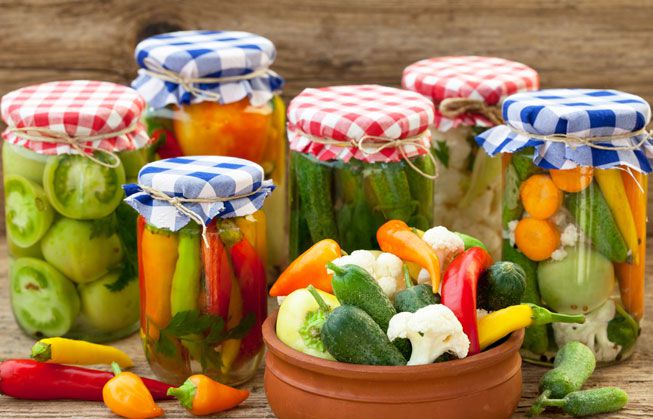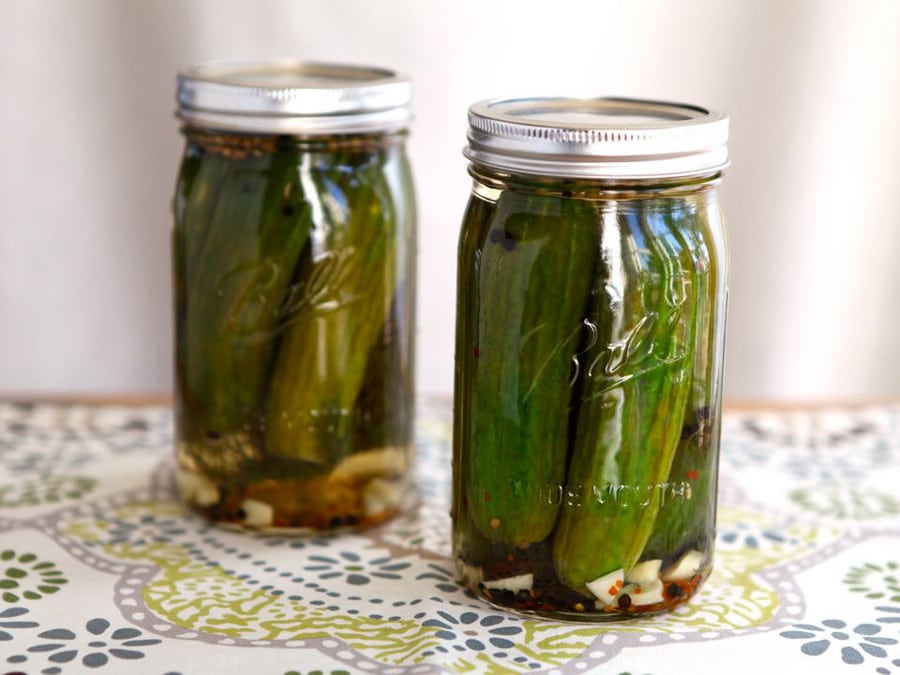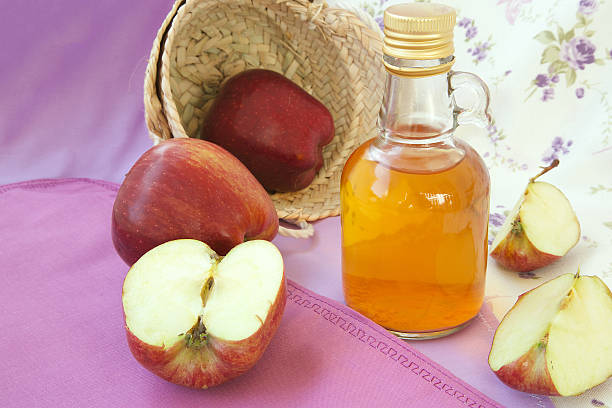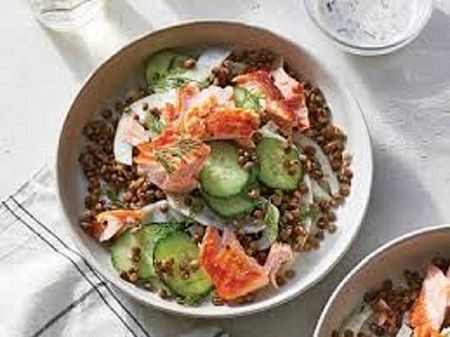Coconut Milk Yogurt Recipe
If you’re looking for a way to integrate healthy probiotics into your diet, you’ve got a ton of options. A lot of those options fly out the window, however, if you are looking for a dairy-free, gluten-free, or vegan diet. That’s where coconut milk comes in!
Luckily, one option that you can take advantage of if you are looking for a creamy and delicious treat is coconut-based probiotics. Typically, this will be made from some kind of coconut milk alternative.
So what are the benefits of probiotics and why should you consider taking them? The answers are quite clear.
Why use probiotics
Probiotics are the friendly microorganisms that live in your gut, skin, mouth, and more. They help you digest food and help better digest food so that your body can efficiently digest food. As research on the topic continues, other ways in which probiotics help a healthy body thrive have been researched and discovered. Now, it seems like there is basically nothing your gut’s microbiome has a direct impact on. Here are some of the most notable ways.
Probiotics help balance bacteria in your gut
When good bacteria takes hold in your gut and begins to colonize, it restores the natural balance of your gut bacteria. An imbalance means that there are too many unhealthy bacteria and not enough good bacteria.
This can happen due to sickness, antibiotic use, and an unhealthy diet.
If you have a lack of gut balance, you may face digestive issues, allergies, even mental health problems.
Probiotics can help prevent and treat diarrhea
Probiotics are perhaps best known for their ability to prevent diarrhea or produce its severity.
One of the most common side effects of antibiotics is diarrhea. It happens because antibiotics not only kill pathogens in your body, but healthy microorganisms as well.
Studies suggest that ingesting probiotics can help reduce the risk and severity of diarrhea. In fact, in one study, probiotics were found to reduce antibiotic-related diarrhea by 42 percent.
Probiotics have akso been found to reduce traveler’s diarrhea, and have been found to reduce the duration of infectious diarrhea by an average of 25 hours.
Probiotics may be able to improve mental health conditions
Increasingly, it is being discovered that the gut and your brain are powerfully connected. Tis connection is referred to as the gut-brain axis. A healthy gut means a healthy mind and it can even translate to a reduction in anxiety and depression.
Two popular probiotics known as Bifidobacterium and Lactobacillus can improve and reduce anxiety, depression, obsessive compulsive disorder, and memory. While these kinds of health issues have been heavily treated by pharmacuetical drugs, the discovery of probiotics’ impact on mental health could be a game changer for the industry.
Probiotics can reduce severity of allergies and eczema
It can be incredibly stressful if your child is suffering from allergies or skin irritations known as eczema.
Certain probiotics have been known to reduce allergies and eczema in infants and young children.
Another study showed that women who took probiotics and breast fed their children resulted in an 83 percent lower risk of the child developing eczema.
Other probiotics have been found to reduce inflammatory responses in people who are sensitive to mil or dairy allergies.
Probiotics can help boost your immune system
Probiotics could very well help boost the immune system and also help inhibit the growth of harmful bacteria.
One way that probiotics can help your immune system is by allowing healthy bacteria to literally crowd out the unhealthy ones. The healthy probiotics consume the organic material and do not allow pathogens to take hold.
Another way that probiotics help boost the immune system is by giving your body’s natural germ killers the ability to practice on actually malicious germs. It’s pretty fascinating!
How to make coconut milk homemade yogurt
While yogurt is one of the very first forms of probiotics, modern eating habits can get in the way of your desire to eat it! That’s where a coconut milk alternative comes in.
Basically, coconut milk yogurt is a fantastic way to get your supply of probiotics. It’s tasty, it’s creamy, and you can personalize it with fruits and nuts to make it a delicious snack or meal replacement.
The one thing to know about coconut milk homemade yogurt is that it needs a thickener added to the mixture to set into a spoonable gluten free yogurt.
The two thickeners you can choose from are gelatin or pectic.
Gelatin recipe
Here are the ingredients you’ll need for a coconut milk homemade yogurt using gelatin:
- 4, 13.5-ounce cans of additive-free coconut milk
- 2 tablespoons of gelatin
- 1 packet of vegan yogurt starter culture
Once you have all of your ingredients set, follow these simple instructions to make coconut milk yogurt of your very own:
- Heat coconut milk to 115 degrees Fahrenheit
- Remove one cup of coconut milk
- Add gelatin into this cup and mix well
- Add the mixed coconut milk back into the rest of the coconut milk and mix well
- Cool down to 110 degrees and add culture. Mix well.
- Pour into a clean jar and cover with a coffee filer and secure to the jar with a rubber band or tie.
- Culture at 108 degrees for six to eight hours.
- Shake and refrigerator. Thickening may take up to 24 hours in the fridge.
Pectin recipe
This is another useful recipe that you can use if your are vegan and do not want to use gelatin, which is an animal product.
The ingredients you will need are as follows:
- 3.5 to 4 cups of coconut milk
- Two teaspoons of pectin powder
- Two teaspoons of pectin calcium water
- One packet of vegan yogurt starter culture
Once you have all the ingredients together, here are the steps to make coconut milk gluten free yogurt:
- Add pectin powder to one cup of room-temperature coconut milk. Blend in a blender until it’s fully combined. Then set aside.
- Heat remaining 2.5 cups of coconut milk in a saucepan with the calcium water. Heat up to 140 degrees Fahrenheit.
- Add reserved coconut milk and pectin. Bring temperature up to 140 degrees and remove from heat.
- When milk has cooled down to 110 degrees, sprinkle the yogurt starter over the coconut milk and stir well. Pour into a clean jar and cover.
- Culture for six to eight hours at 105 – 112 degrees in yogurt maker or a similar appliance.
- Shake or stir and then store in the fridge. The gluten free yogurt will not thicken until after refrigerator. Thickening could take up to 24 hours.




